By Nitin Kapoor, Managing Director, Saera Electric Auto Pvt Ltd
The renewed focus on overall sustainable economic growth has prompted India to chalk out a roadmap to not just meet the commitments made at the Paris agreements but further excel to exceed the targets. The demands for cleaner and greener modes of transportation have been escalating lately, especially post pandemic, and the country eyes to achieve electrification of 70 per cent of all commercial cars, 30 per cent of private cars, 40 per cent of buses and 80 per cent of two and three-wheelers by 2030.
Despite several hurdles, the electric vehicle sector in India has witnessed a massive boom in recent years, especially in the sale of electric three wheelers –After witnessing a dip in sales in FY21, electric three-wheelers have seen a strong growth of 101 per cent selling 1,77,874 units in FY22, and are on a path to surpass FY23’s expectations. .In June 2022, sale of the electric 3-wheelers has surged to a staggering 26,900 units from just 6.100 units same time last year – more than 4 times increase in MOM basis 21-22.In addition, E-3W have surpassed more than 50 % of total 3 W sales in June 58 % of 3W sold were EV.
With the electric mobility ecosystem picking up pace to meet the global standards, industry players facilitated by government bodies have been addressing key challenges like technology cost, implementation of policies, manufacturing and supply, charging infrastructure and consumer behavior. Though being at the nascent stage, the Indian EV sector is adopting innovative strategies to mobilize capital for the EV transition while also reducing the risks related to technology, policy, manufacturers, resale, utilization, maintenance, and customers.
It is projected that for the steady transition towards clean mobility, a cumulative investment of around Rs 19.7 trillion on electric vehicles will be required in the next ten years to build up a stable ecosystem boosted by a robust charging infrastructure. While Original Equipment Manufacturers (OEMs), non-banking financial companies (NBFCs), banks, fleet operators, industry start-ups and fin-techs are the major players to drive the electric transition in India, central and state governments and their policies will be the key facilitators.
In its endeavor to encourage the production and sale of the Electric Vehicles (EVs) for a sustainable and greener future, the union government has introduced several policies and tax exemptions in the recent years. Paving the way towards faster adoption of electric vehicles in the country, the central government launched the National Electric Mobility Mission Plan (NEMMP) in 2013 – which is projected to save 9,500 million litres of crude oil equivalent to Rs 62,000 crore.
To further escalate the penetration of electric vehicles on the Indian roads, under the NEMMP program, the government introduced the Faster Adoption and Manufacturing of (Hybrid) & Electric Vehicles in India (FAME India) scheme to boost the electric and hybrid vehicle technologies in the country and achieve complete electrification by 2030. The FAME India Phase I was implemented in 2015 and concluded in March 2019, with Rs 529 crore funds utilized towards escalating the adoption of electric vehicles in the country. The phase II of FAME India was initiated in April 2019 and concluded in March 2022, through which there had been a staggering fund allocation of Rs 10,000 crore from the government.
To further encourage the manufacturing and sale of greener modes of transportation, the government has provided a tax exemption of up to Rs 15 lakh on interest amount on loan for an EV has been made applicable from the assessment year 202-21, under Section 80EEB of the Income Tax. The exemption is available for both purchasers of two-wheeler or four-wheeler electric vehicles.



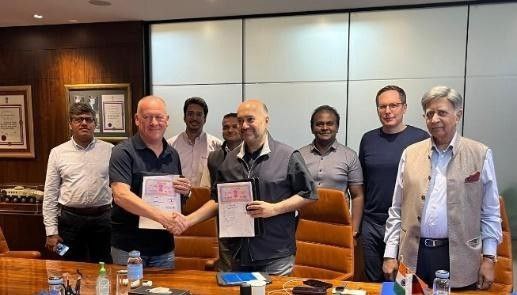
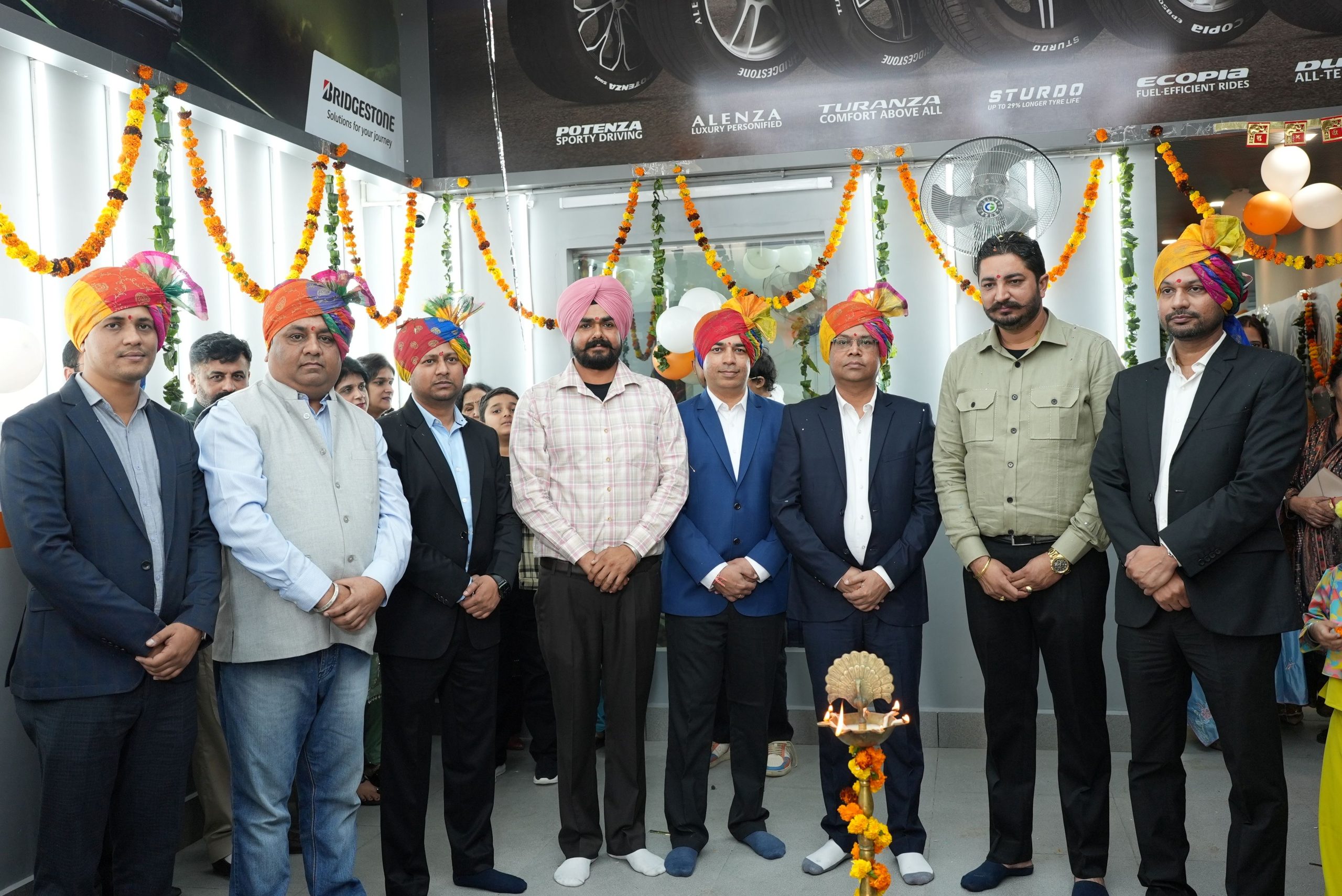
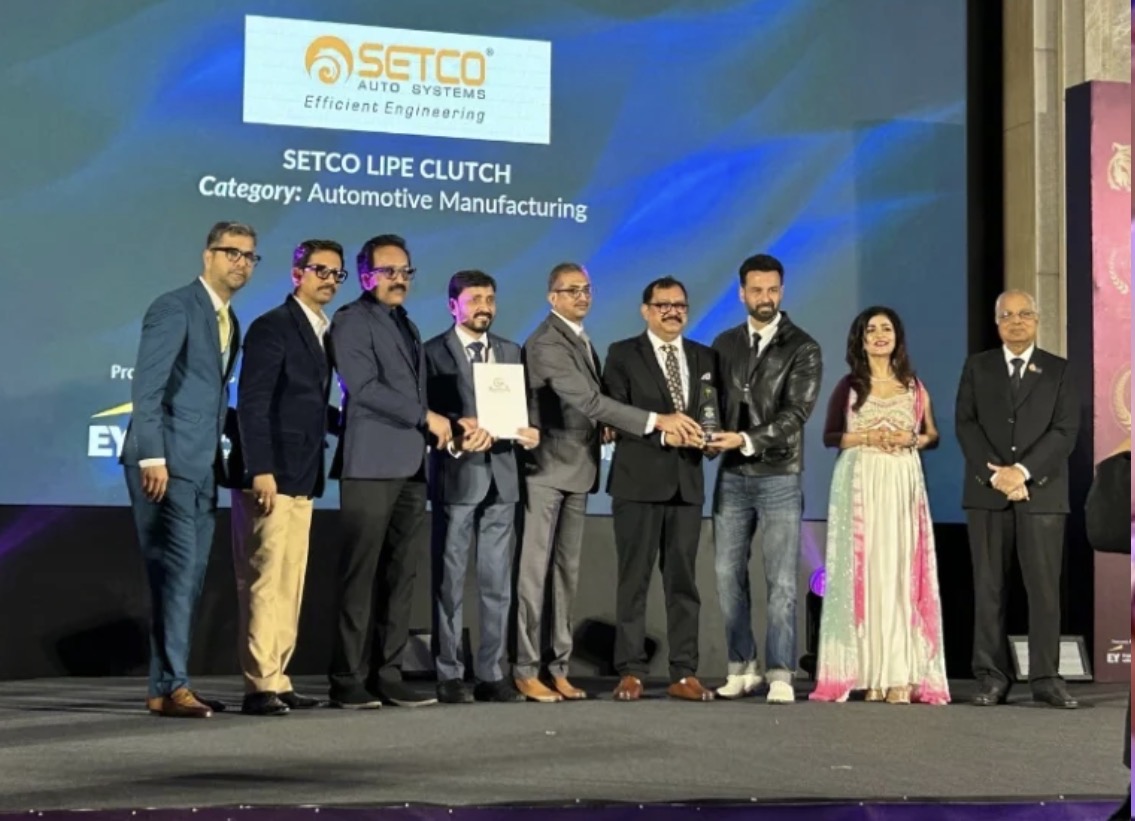
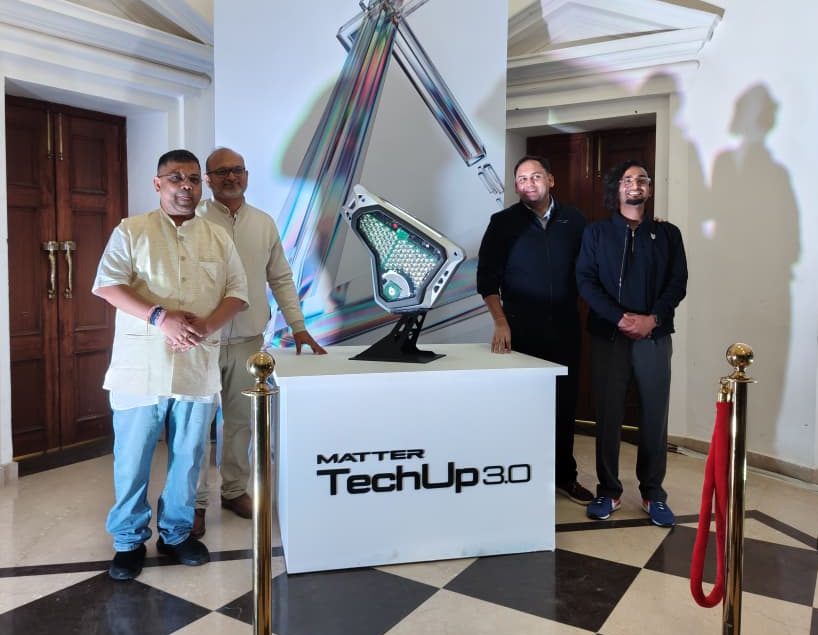
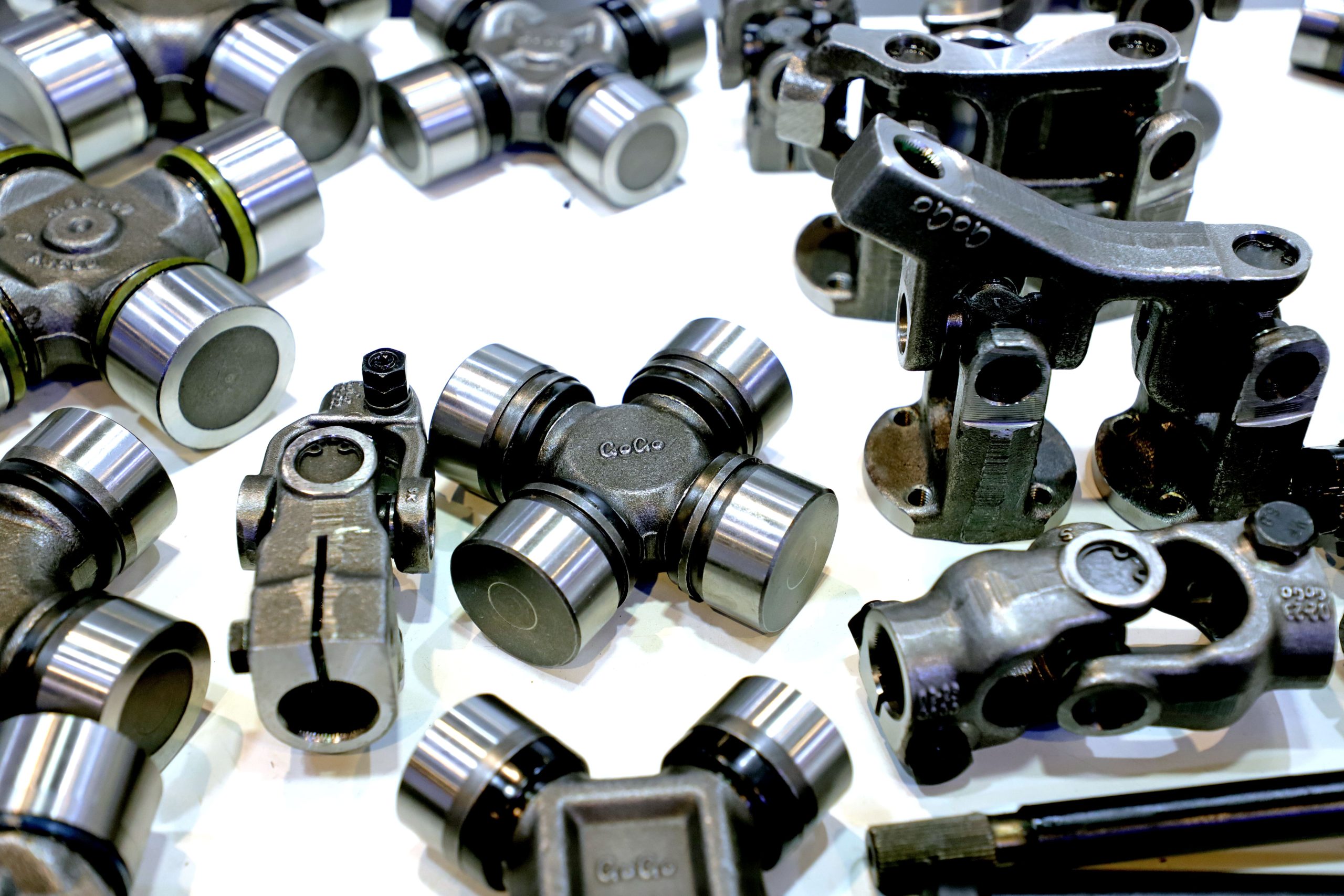
Leave a Reply